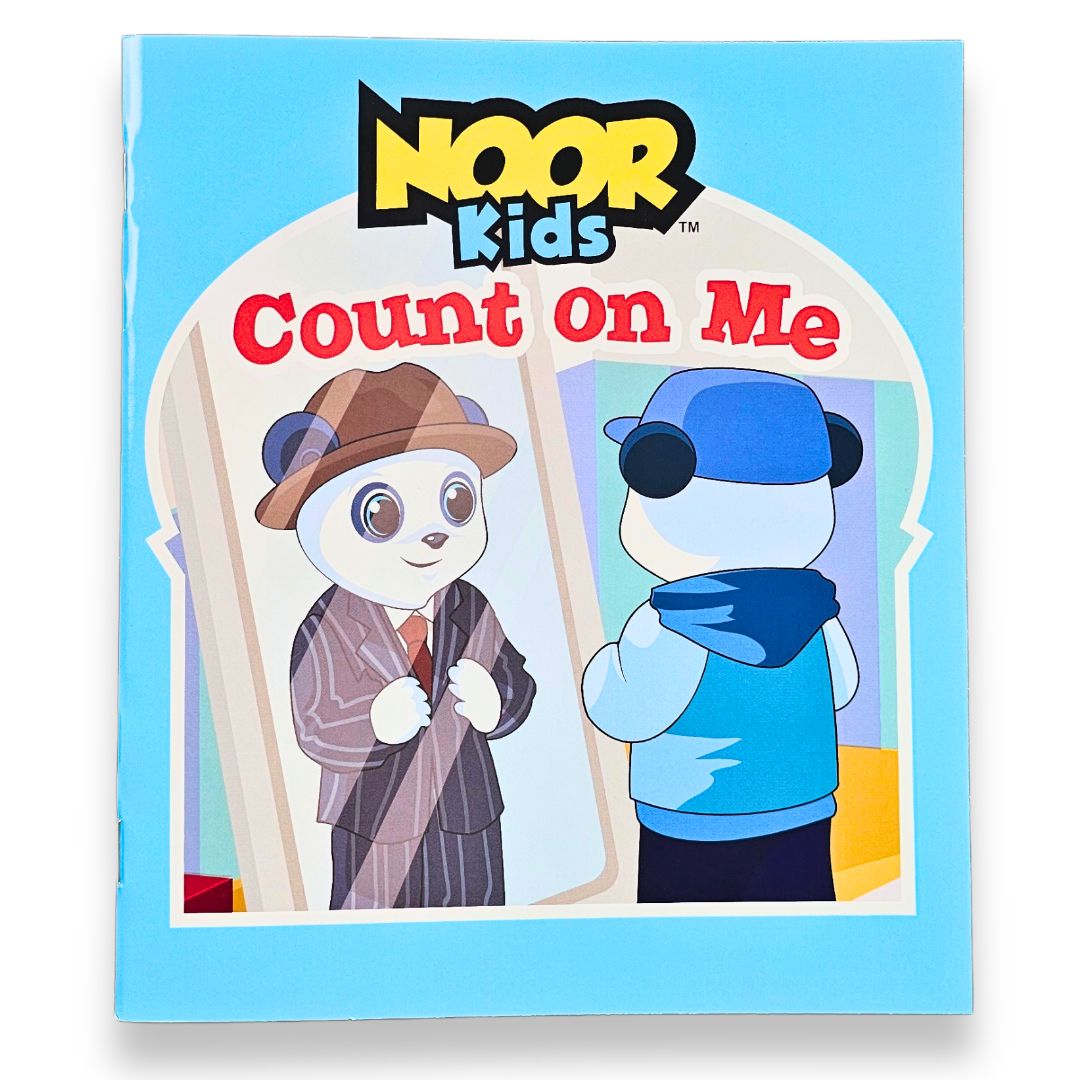64. Count on Me
To be responsible is to have a duty to deal with some task. In other words, when one is responsible, he or she is accountable for something. For children, they are accountable to trusted adults, such as parents and teachers. However, we should emphasize from a young age that ultimate accountability is to Allah (SWT), The Overseer of All (Al-Muhaymin) and The Accounter (Al-Muhsee).
While responsibility is often seen as a duty, it is also considered an opportunity or ability to act independently and make decisions without authorization. Therefore, it is a privilege to be given responsibility. When seen in this light, responsibility is a gift and honor, rather than a chore. Fostering this positive spirit of service can motivate us to carry out our tasks with excellence and consistency. This is important because responsibility goes hand-in-hand with reliability or trustworthiness. We know from the life of our Holy Prophet (SAW) that this character trait is among the best qualities we can strive to attain. After all, he was known as Al-Amin,
The Trustworthy.
In the first story, Asad learns the importance of self-reflection and how evaluating our actions can help us become better in everything we do. In the second story, Shireen learns the value of responsibility. She realizes that when people aren’t responsible, they are hurting the people around them. By instilling the value of responsibility and reliability in our children, we give them the foundation to grow up to be strong Muslims and productive members of society!




